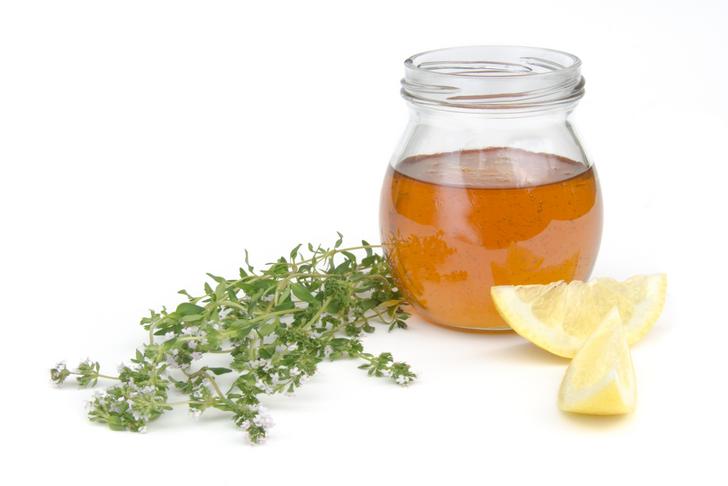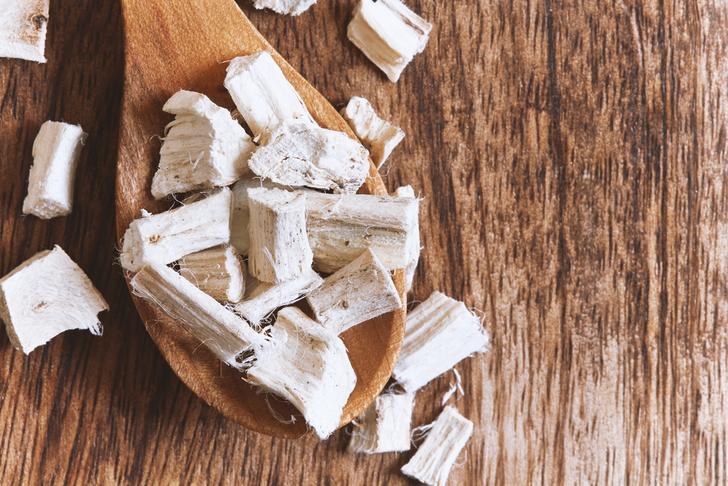10 Cough Home Remedies for Relief and Comfort
Coughing is a common symptom of various respiratory illnesses, including colds, flu, and allergies. While coughing is a natural reflex to clear the airways, it can be uncomfortable and disruptive. This article explores 10 home remedies to help alleviate cough symptoms and provide relief.
Honey
Honey is a natural cough suppressant and has antibacterial properties[[1]]. Consuming a spoonful of honey or adding it to warm water or tea can help soothe a sore throat and reduce coughing. It is important to note that honey should not be given to children under one year of age due to the risk of botulism.

Advertisement
Steam Inhalation
Inhaling steam can help loosen mucus and provide relief from coughing. Fill a bowl with hot water, lean over it, and cover your head with a towel to trap the steam. Breathe in the steam for a few minutes. You can also add a few drops of eucalyptus oil to the water for added benefits[[2]].

Advertisement
Ginger
Ginger has anti-inflammatory properties and can help soothe a sore throat and reduce coughing[[3]]. You can make ginger tea by boiling fresh ginger in water, or add ginger to your favorite herbal tea. Alternatively, you can chew on a small piece of ginger to help alleviate cough symptoms.

Advertisement
Thyme
Thyme has been used traditionally for its antitussive (cough-suppressing) and expectorant properties[[4]]. To make thyme tea, steep a teaspoon of dried thyme in boiling water for 10 minutes. Strain and drink the tea to help relieve coughing and soothe a sore throat.

Advertisement
Marshmallow Root
Marshmallow root contains mucilage, a substance that can coat and soothe the throat, reducing coughing and irritation[[5]]. You can find marshmallow root in the form of tea, lozenges, or capsules. Follow the instructions on the product label for proper dosage.

Advertisement
Saltwater Gargle
Gargling with warm saltwater can help soothe a sore throat and reduce coughing. Mix a teaspoon of salt in a glass of warm water and gargle for a few seconds before spitting it out. Repeat this process several times a day for best results.

Advertisement
Hydration
Staying hydrated is essential for overall health and can help thin mucus, making it easier to cough up. Drink plenty of water, herbal teas, and clear broths to stay hydrated and help alleviate cough symptoms.

Advertisement
Humidifier
Using a humidifier can help add moisture to the air, which can alleviate coughing and soothe a dry, irritated throat. Be sure to clean your humidifier regularly to prevent the growth of mold and bacteria.

Advertisement
Warm Liquids
Drinking warm liquids, such as tea, broth, or warm water with lemon, can help soothe a sore throat and reduce coughing. The warmth can help relax the throat muscles and provide relief from cough symptoms.

Advertisement
Over-the-Counter Medications
Over-the-counter cough medications, such as cough suppressants and expectorants, can help provide temporary relief from cough symptoms. Be sure to follow the instructions on the product label and consult your healthcare provider if your cough persists or worsens.

Advertisement
Conclusion
In conclusion, these ten home remedies can help relieve coughing and soothe a sore throat. While these remedies may help alleviate symptoms, it is essential to consult your healthcare provider if your cough persists, worsens, or is accompanied by other concerning symptoms.
Additionally, it is crucial to recognize that a persistent cough could signify an underlying health issue that requires proper medical attention. Therefore, monitoring the frequency and severity of your cough and noting any accompanying symptoms such as fever, chest pain, or shortness of breath is essential in determining whether further evaluation is necessary.
Furthermore, understanding how lifestyle factors contribute to coughing can help prevent a recurrence. Smoking, for instance, irritates the respiratory system and often leads to chronic coughing. Eliminating smoking, avoiding secondhand smoke, and reducing exposure to environmental pollutants can significantly improve respiratory health.
Paying attention to your diet can also influence the frequency and severity of your cough. Consuming foods rich in antioxidants and anti-inflammatory properties, such as fruits, vegetables, and whole grains, can promote overall health and boost the immune system. Specific foods like pineapple, turmeric, and garlic have been known to alleviate cough symptoms and improve respiratory health. Incorporating these foods into your daily diet could provide additional relief.
Apart from the home remedies listed above, practicing good hygiene (washing hands regularly) helps prevent the spread of infections causing respiratory illnesses and subsequent coughing. Incorporate a balanced diet, plenty of rest, and regular exercise to maintain a healthy immune system capable of fending off potential pathogens.
Lastly, remember that not all coughs are alike, and various coughs may require different treatment approaches. Acute coughs usually last for a short period and are often caused by viral infections. In contrast, chronic coughs persist for longer durations (three weeks or more) and may be related to ongoing medical conditions such as asthma or acid reflux.

Advertisement





